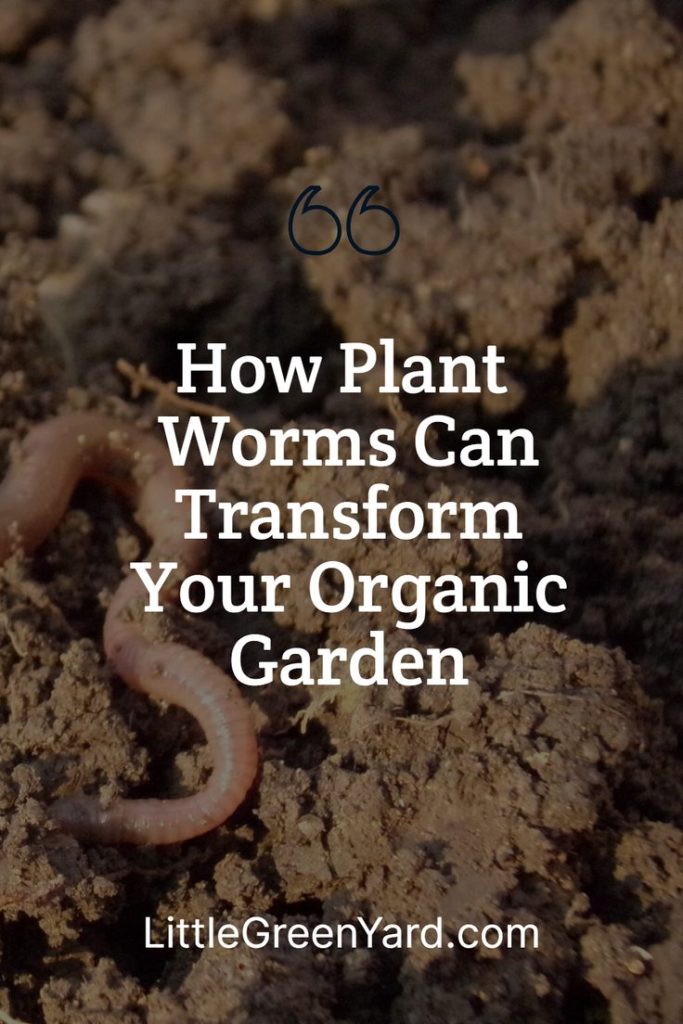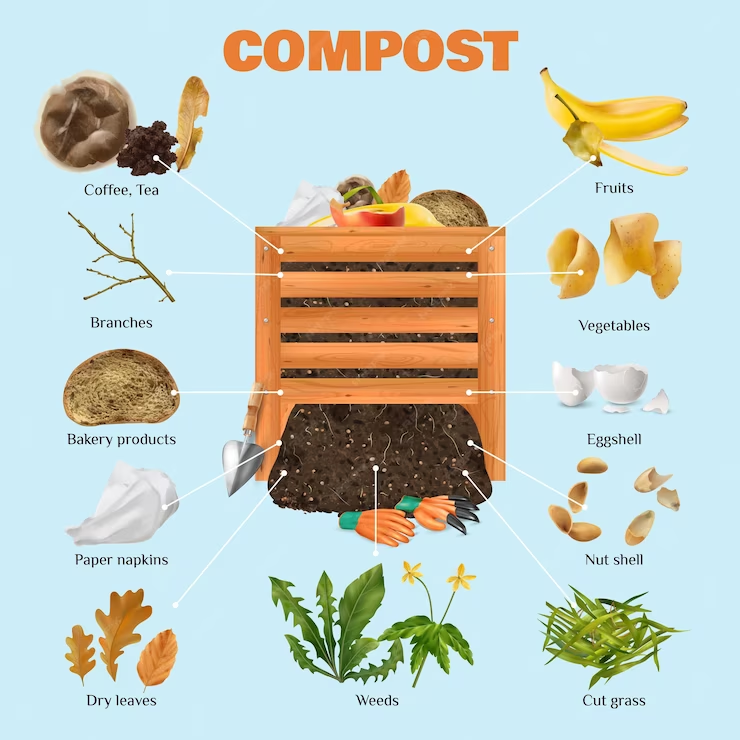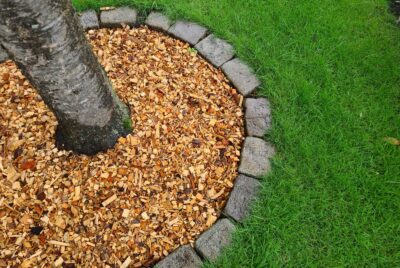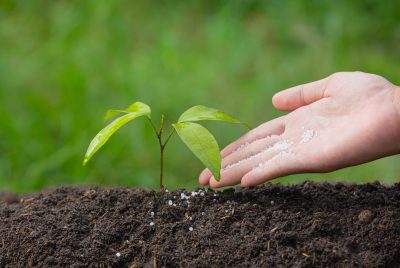Unleashing Nature’s Little Helpers: How Plant Worms Can Transform Your Organic Garden
Imagine stepping into your organic garden and being greeted by a thriving ecosystem that buzzes with life. The air is rich with the earthy scent of fertile soil, and the plants seem to stand a little taller, their leaves a vibrant shade of green. What’s the secret to this bountiful oasis? It’s nature’s little helpers – the humble plant worms. In this article, we will delve into the extraordinary benefits of incorporating these diligent workers into your organic garden. From improving soil health to enhancing plant growth, we’ll explore how plant worms can transform your garden into a flourishing haven. Get ready to unlock the full potential of your organic garden as we unveil the remarkable power of these fascinating creatures.
The Importance of Soil Aeration
One of the key benefits of incorporating diligent plant worms into your organic garden is their role in soil aeration. By breaking down organic matter, these fascinating creatures create channels and tunnels throughout the soil, allowing air to circulate more freely.
Breaking Down Organic Matter
In addition to their role in soil aeration, plant worms also play a vital role in breaking down organic matter in your organic garden. As these remarkable creatures move through the soil, they consume decaying plant material along the way. By consuming and digesting this organic matter, plant worms accelerate the decomposition process, creating rich humus that enhances soil fertility.
As plant worms feed on organic matter, they break it down into smaller, more manageable fragments. This process not only aids in the decomposition of plant residues but also helps to release trapped nutrients within the organic matter. By breaking down these complex compounds, plant worms make the nutrients more accessible to plant roots, improving overall nutrient availability.

Furthermore, the breakdown of organic matter by plant worms results in the production of castings, or worm feces. While it may not sound appealing, these castings are a treasure trove of nutrients. Enriched with nitrogen, phosphorus, potassium, and other essential elements, worm castings act as natural fertilizers that can enhance plant growth and productivity.
The breakdown of organic matter by plant worms is a continuous process that provides a constant supply of nutrients to your plants. As the worms consume and excrete organic matter, they ensure that the soil remains nutrient-rich and fertile for your organic garden to thrive.
This process of breaking down organic matter sets the stage for the next benefit of incorporating plant worms into your organic garden: improving nutrient availability. By enhancing nutrient release from organic matter, these little helpers promote healthier plants and higher yields.
Improving Nutrient Availability
The breakdown of organic matter by plant worms is a continuous process that provides a constant supply of nutrients to your plants. As the worms consume and excrete organic matter, they ensure that the soil remains nutrient-rich and fertile for your organic garden to thrive.
This process of breaking down organic matter sets the stage for the next benefit of incorporating plant worms into your organic garden: improving nutrient availability. By enhancing nutrient release from organic matter, these little helpers promote healthier plants and higher yields.
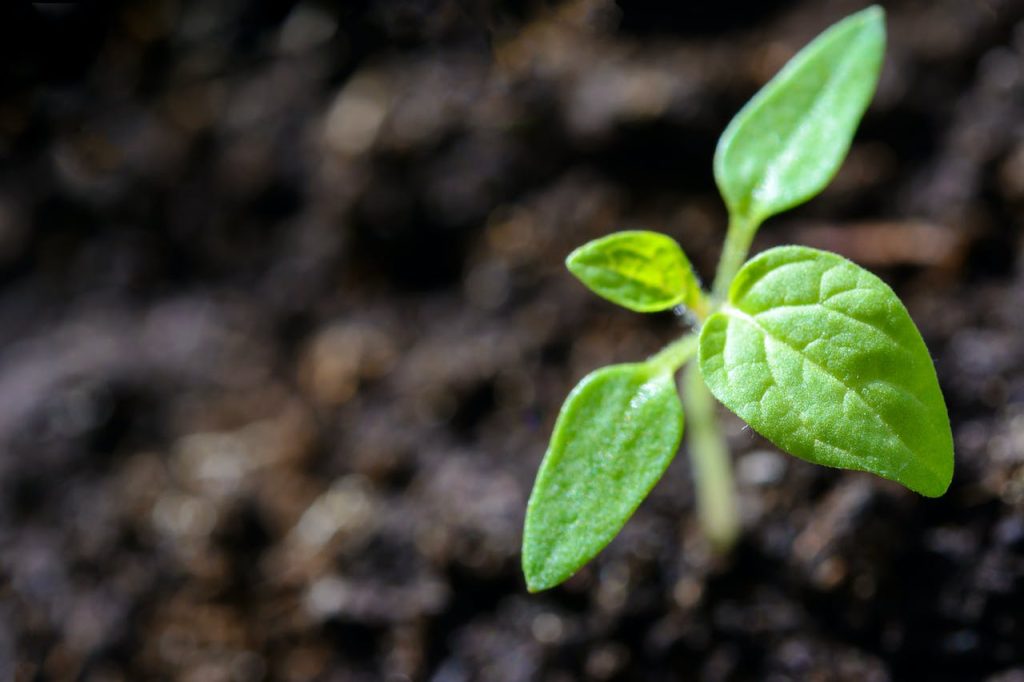
When plant worms digest organic matter, they break it down into smaller particles, making it easier for beneficial microorganisms in the soil to access and process. These microorganisms further decompose the organic matter, releasing essential nutrients such as nitrogen, phosphorus, and potassium. As a result, these nutrients become more readily available for plants to absorb through their roots.
Benefits of Improved Nutrient Availability
This improved nutrient availability has a profound impact on the overall health and vigor of your plants. With a steady supply of nutrients, plants can develop stronger root systems, enabling them to uptake water and nutrients more efficiently. This, in turn, leads to increased growth, better resistance against diseases and pests, and ultimately, higher yields.
In addition to directly benefiting plants, the enhanced nutrient availability provided by plant worms also fosters a balanced ecosystem in your organic garden. As the organic matter breaks down and nutrients are released, it creates a favorable environment for beneficial soil organisms. These organisms, such as earthworms, beneficial bacteria, and fungi, play essential roles in maintaining soil structure, improving water retention, and suppressing harmful pathogens.
By incorporating plant worms into your organic garden, you are not only improving the nutrient availability for your plants but also fostering a harmonious ecosystem that supports the long-term health and productivity of your garden. With the stage set for optimal nutrient uptake, let’s explore how these tiny creatures further enhance the well-being of your plant life in the next section: Enhancing Plant Health.
Enhancing Plant Health
In addition, the presence of plant worms in your organic garden goes beyond simply providing nutrients for your plants. These little helpers actually contribute to creating a balanced and thriving ecosystem. As the organic matter in your garden breaks down and nutrients are released, it creates an environment that is conducive to the growth and activity of beneficial soil organisms. These organisms, including earthworms, helpful bacteria, and fungi, all play crucial roles in maintaining the structure of the soil, improving its water retention abilities, and even suppressing harmful pathogens.
By incorporating plant worms into your garden, you are not only ensuring better nutrient availability for your plants, but you are also fostering a harmonious ecosystem that supports the long-term health and productivity of your organic oasis.
By creating a worm-friendly environment, you can provide your plant worms with the ideal conditions they need to thrive and continue their beneficial work.
Creating a Worm-Friendly Environment
By creating a worm-friendly environment, you can provide your plant worms with the ideal conditions they need to thrive and continue their beneficial work. These hardworking creatures flourish in a habitat that offers a balance of moisture, organic matter, and protection. Let’s explore some key elements to consider when cultivating a space that is welcoming to our garden’s little helpers.
First and foremost, moisture is essential for plant worms’ survival and activity. These resilient creatures thrive in damp conditions, as it helps them move through the soil with ease. To create a worm-friendly environment, ensure that your garden has adequate moisture levels. This can be achieved by regularly watering your plants, using mulch to retain moisture in the soil, and incorporating compost or other organic matter to improve water retention.
Next, organic matter is like a buffet for plant worms. They love feasting on decomposing plant material, such as fallen leaves, grass clippings, and kitchen scraps. By incorporating organic matter into your garden, you provide a continuous source of food for your worm population. This can be done by adding compost or well-rotted manure to the soil, or by using mulch made from organic materials. Not only does this keep your worms well-fed, but it also improves soil structure and fertility, benefiting your entire garden ecosystem.
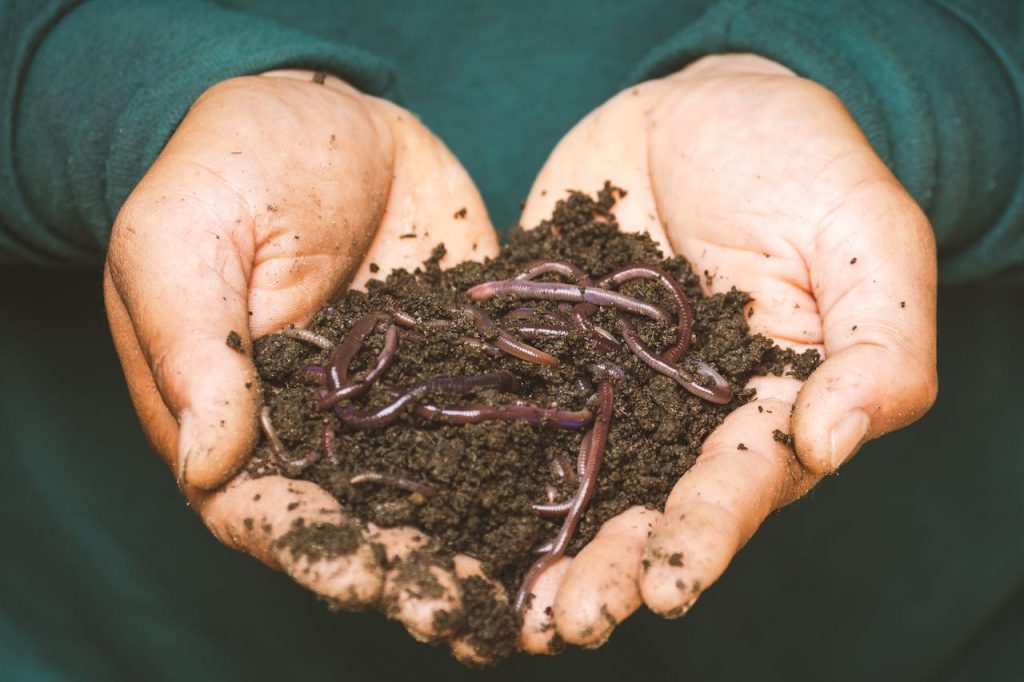
How to Create Suitable Conditions
In addition to moisture and organic matter, plant worms appreciate a bit of protection to feel at home. They prefer to dwell in dark, cool environments that shield them from extreme temperatures and predators. Creating a layer of organic mulch, such as straw or wood chips, provides a cozy haven for your worms and helps maintain a stable temperature in the soil. Another way to protect your worm population is by avoiding the use of chemical pesticides and herbicides, as these can harm or even eliminate these beneficial creatures. Instead, focus on natural pest control methods and companion planting to maintain a healthy balance in your garden.
By implementing these practices to create a worm-friendly environment, you set the stage for a flourishing ecosystem that supports the long-term health and productivity of your organic garden. In the next section, we will explore another strategy to keep your worm population in check: practicing crop rotation to prevent worm infestations.
Practice Crop Rotation to Prevent Worm Infestations
In addition to moisture and organic matter, plant worms appreciate a bit of protection to feel at home. They prefer to dwell in dark, cool environments that shield them from extreme temperatures and predators. Creating a layer of organic mulch, such as straw or wood chips, provides a cozy haven for your worms and helps maintain a stable temperature in the soil. Another way to protect your worm population is by avoiding the use of chemical pesticides and herbicides, as these can harm or even eliminate these beneficial creatures. Instead, focus on natural pest control methods and companion planting to maintain a healthy balance in your garden.
By implementing these practices to create a worm-friendly environment, you set the stage for a flourishing ecosystem that supports the long-term health and productivity of your organic garden. In the next section, we will explore another strategy to keep your worm population in check: practicing crop rotation to prevent worm infestations.
Practicing crop rotation is a proactive measure that can help prevent worm infestations in your organic garden. This technique involves deliberately changing the location of your crops from one season to another, which disrupts the life cycle of worms and other pests that may have established themselves in the soil. By rotating your crops, you make it less likely for worms to accumulate and cause damage to your plants.
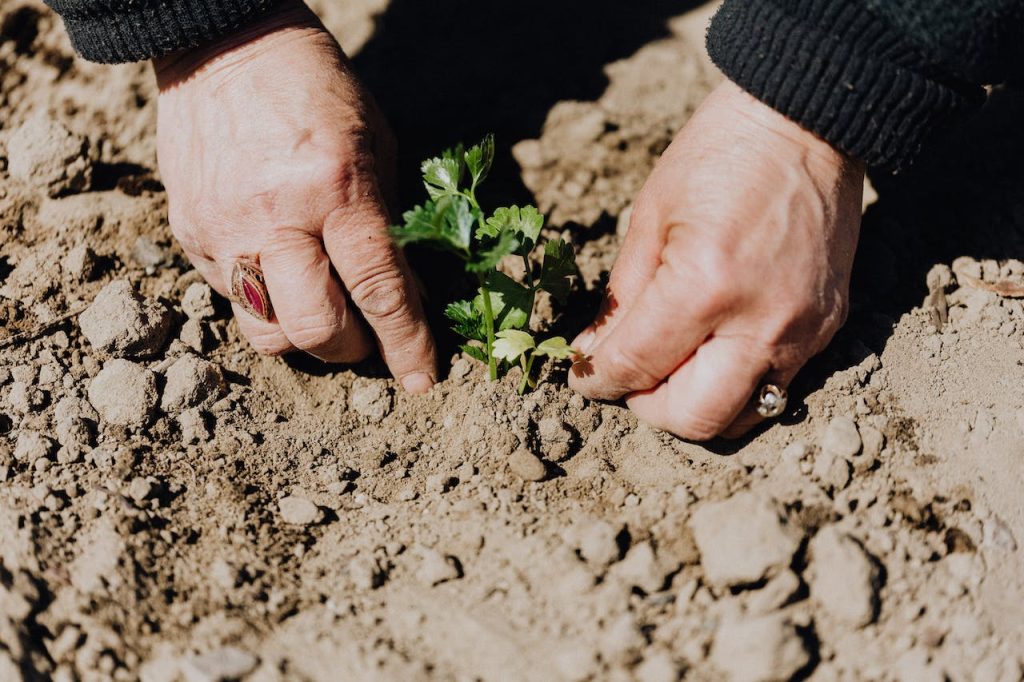
Additional Benefits of Crop Rotation
Crop rotation also has additional benefits beyond deterring worm infestations. It helps improve soil fertility by preventing the depletion of specific nutrients that certain plants may heavily rely on. Furthermore, rotating crops can reduce the risk of diseases and harmful pathogens building up in the soil, as different plant families have varying susceptibility to specific diseases.
To effectively practice crop rotation, it is important to plan and organize your garden layout in advance. Determine the specific crop families and their respective planting schedules, ensuring that you adhere to the recommended intervals for rotation. Keep in mind that the length of the rotation period can vary depending on the crops grown and the regional climate.
By incorporating crop rotation into your gardening routine, you not only create a more resistant and diverse garden ecosystem but also minimize the likelihood of worm infestations. The next section will delve into the benefits of mulching and its role in supporting earthworms.
How Does Mulching Help Earthworms
By implementing crop rotation in your organic garden, you’ve already taken a significant step towards creating a thriving ecosystem. However, another essential practice that complements crop rotation is the use of mulching. Not only does mulching offer numerous benefits to your plants, but it also plays a vital role in supporting earthworm populations.
Mulch acts as a natural protective layer, providing a range of benefits for your garden soil. One of the primary advantages of mulching is its ability to regulate soil temperature. By adding a layer of mulch to the soil surface, you create insulation against extreme temperature fluctuations. Earthworms, like most living organisms, thrive in consistently moderate temperatures. Mulching helps create an environment where they can flourish, as it prevents their habitat from becoming too hot or too cold.
In addition to temperature regulation, mulching also helps conserve moisture in the soil. As the mulch layer prevents excessive evaporation, it keeps the soil moist for longer periods. This moist environment is highly favorable for earthworms as they require sufficient moisture to survive and move through the soil. By retaining moisture, mulching provides earthworms with the necessary conditions to carry out their vital functions, such as decomposition and nutrient cycling.

How Mulching Helps Soil Structure in a Garden
Furthermore, mulch plays a crucial role in enhancing soil structure and fertility. As earthworms move through the soil, they create channels and burrows, promoting aeration and drainage. These channels facilitate the movement of water, air, and nutrients, allowing plant roots to access vital resources. Mulching supports earthworm activity by providing them with a soft, organic layer to burrow through, encouraging their natural processes of soil aeration and nutrient distribution.
The organic matter present in mulch also serves as a valuable food source for earthworms. As the mulch decomposes over time, it releases nutrients into the soil, which earthworms consume and break down further through their digestive system. In this way, mulching not only indirectly supports earthworm populations but also contributes to the overall fertility and health of your garden soil.
Parting Words
In conclusion, mulching is an indispensable practice that supports earthworm populations in your organic garden. By regulating soil temperature, conserving moisture, improving soil structure, and providing a natural food source, mulch creates an environment where earthworms can thrive. As we have now explored the benefits of mulching and its role in supporting earthworms, the next section will delve into the different types of mulch you can use and their specific advantages.,
Incorporating plant worms into your organic garden can be a game-changer. These diligent workers have the power to revolutionize your soil and plants, ultimately unlocking the full potential of your garden. By improving soil aeration, breaking down organic matter, enhancing nutrient availability, and promoting plant health, these tiny creatures create a thriving ecosystem that even Mother Nature would applaud. As you create a worm-friendly environment, you’ll witness a remarkable transformation unfold right before your eyes. So, why wait? Embrace nature’s little helpers today and let them cultivate a garden that will amaze and inspire you. Remember, it’s time to dig deep and let the worms work their magic.
